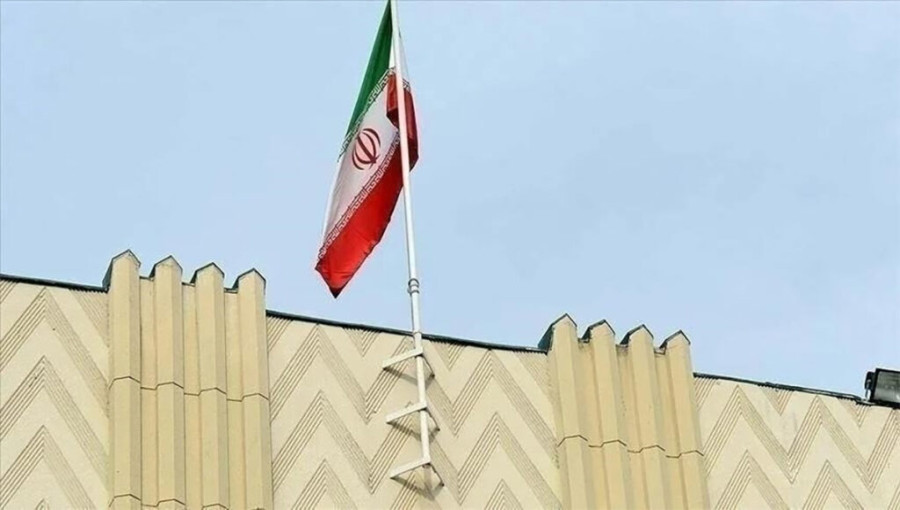Aleppo, Dec 03 (V7N) — Syria has plunged into renewed instability as the Hay'at Tahrir al-Sham (HTS) rebels have taken control of Aleppo. Syrian government forces are intensifying their efforts to regain control, but the situation remains dire. Amid this unrest, questions arise about the sudden resurgence of violence.
Iran has directly accused Israel, under the administration of Prime Minister Benjamin Netanyahu, of fuelling the Syrian conflict to destabilize the Middle East. Tehran claims the Zionist regime supports terrorist groups to weaken regional resistance and pursue territorial ambitions.
Ismail Bagheri, spokesperson for Iran's foreign ministry, stated, “The Zionist Israeli administration has historically supported terrorist factions to disrupt regional security. Their goal is clear: to undermine any opposition to their occupation.” He added that Israel’s alleged involvement is a long-standing strategy to manipulate Islamic groups and destabilize the region.
Calling for unity, Bagheri expressed hope that the Middle Eastern countries will work together to prevent the resurgence of terrorism. “The horrors of terrorism are well-known to the Middle East. By standing united, these groups can be defeated swiftly, inshallah,” he emphasized.
In support of Syria, Iranian Foreign Minister Abbas Araqchi recently met with President Bashar al-Assad, pledging comprehensive assistance to protect Syrian sovereignty. Araqchi reiterated Iran’s commitment to ensuring stability in the region and preventing the escalation of violence.
On the other hand, Israeli Prime Minister Benjamin Netanyahu stated on Sunday that Tel Aviv is closely observing developments in Syria, sparking further speculation about Israel’s role in the unfolding crisis.
As tensions rise, the region braces for the potential implications of this renewed conflict in Syria, with international and regional powers taking sides.
END/RH/AJ





























Comment: